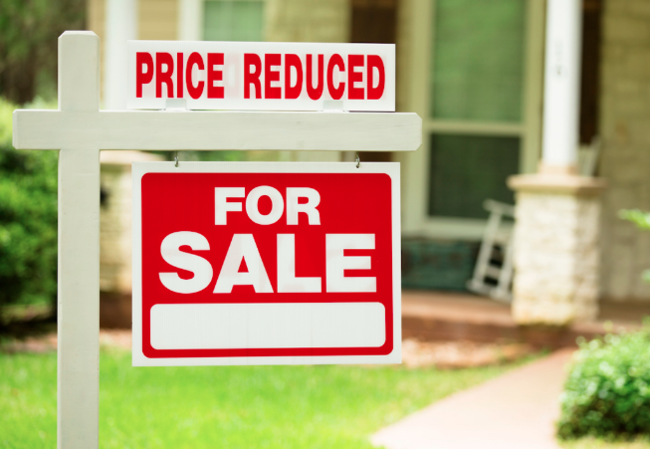

We may earn revenue from the products available on this page and participate in affiliate programs. Learn More ›
Home Advice You Can Trust
Tips, tricks & ideas for a better home and yard, delivered to your inbox daily.
Don't Neglect Curb Appeal
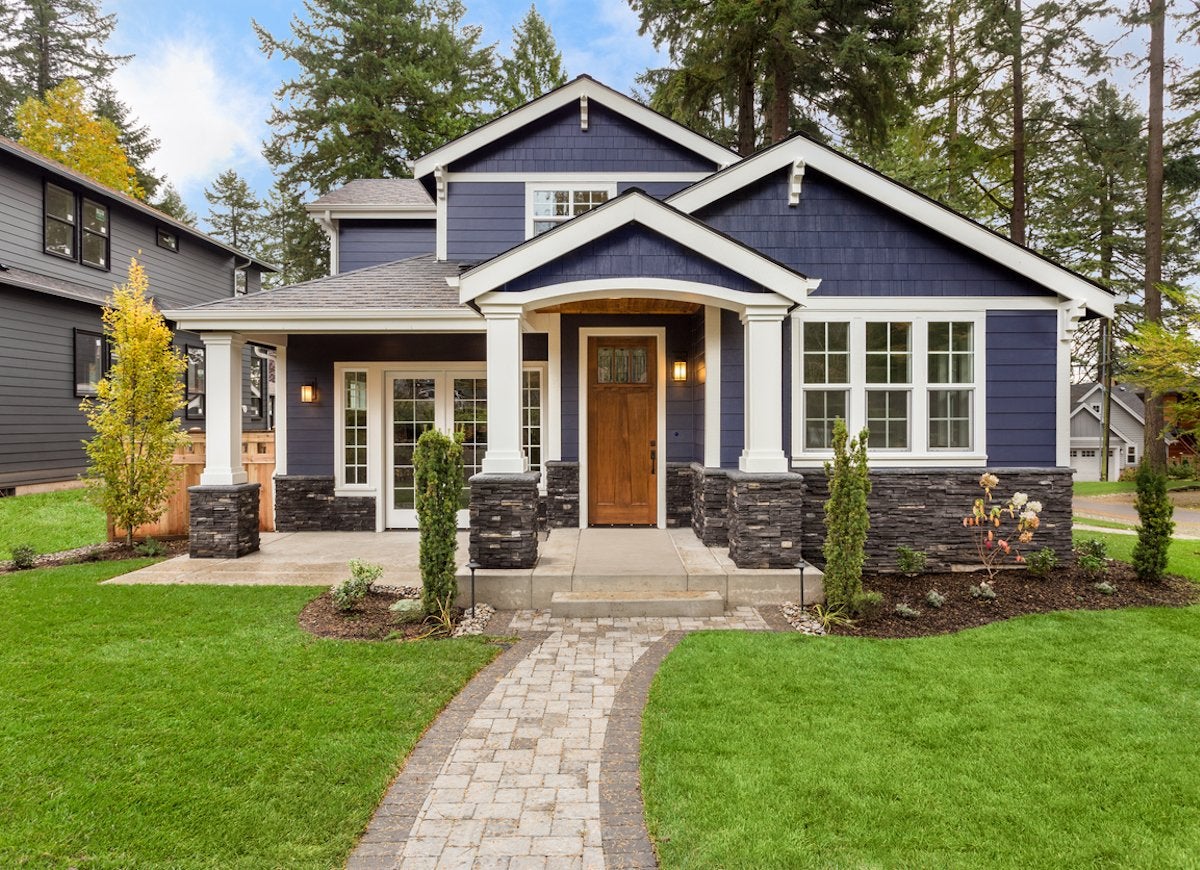
Don’t underestimate the impact that first impressions have on a potential buyer’s likelihood of making an offer on your home. A well-maintained exterior signals to buyers that the interior has probably been similarly well maintained. Trim trees, lay fresh mulch, hose down the walkways, and pressure-wash dirty surfaces if necessary. Little improvements, such as upgrading an old light fixture, replacing a rusty mailbox, or painting the front door, can go a long way.
Don't Overprice Your Home
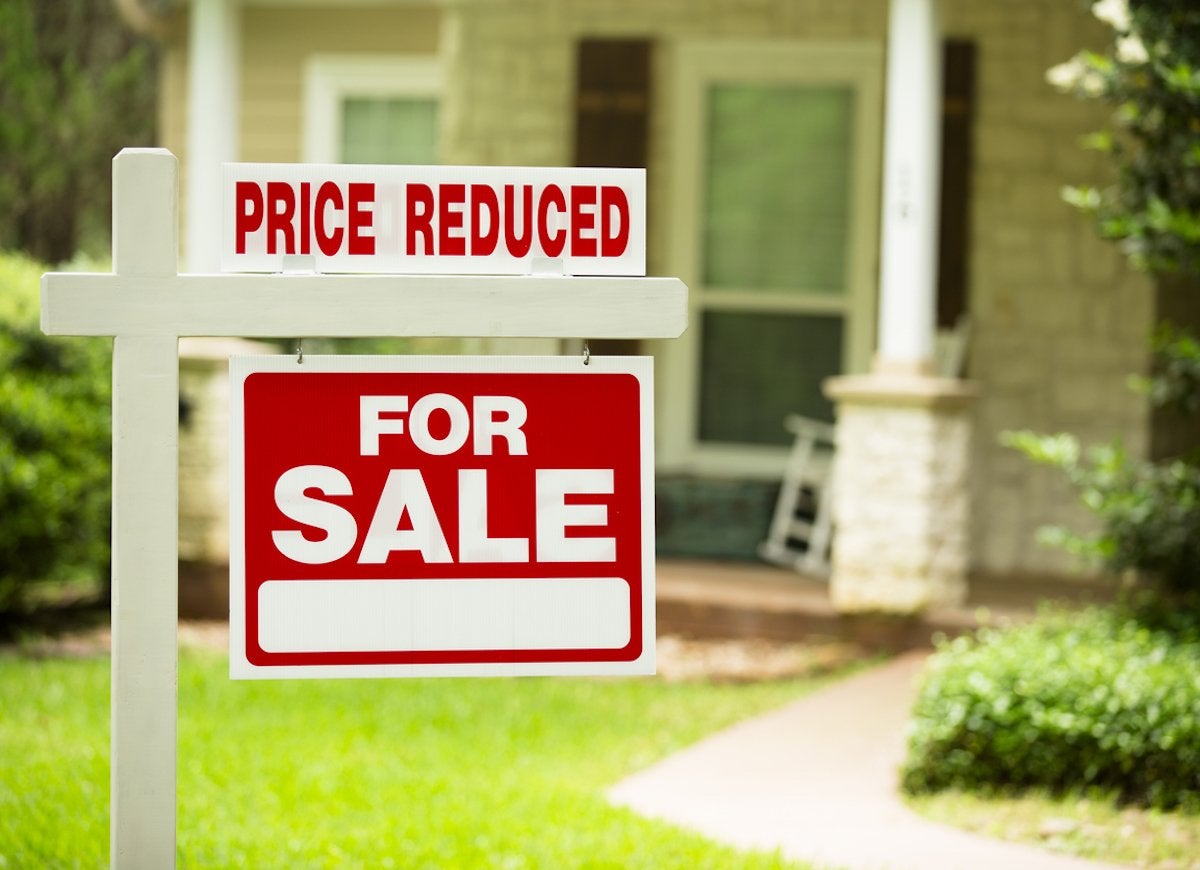
It’s normal to want top dollar for your house—after all, you know better than anyone what a wonderful home it can be! But pricing your home too high can cause the listing to languish. And once a house has been on the market for several months, buyers will think there’s something wrong with it, forcing you to drop the asking price to spark interest.
Don't Skimp on Listing Photos

In an age when buyers shop for homes on the internet, listing photos need to work hard to sell your home for you. Hire a professional photographer, and make sure to get shots of all the important rooms in the house. Detail shots are good, but be sure to include full-room pictures so potential buyers can get a feel of the home.
Don't Neglect Repairs
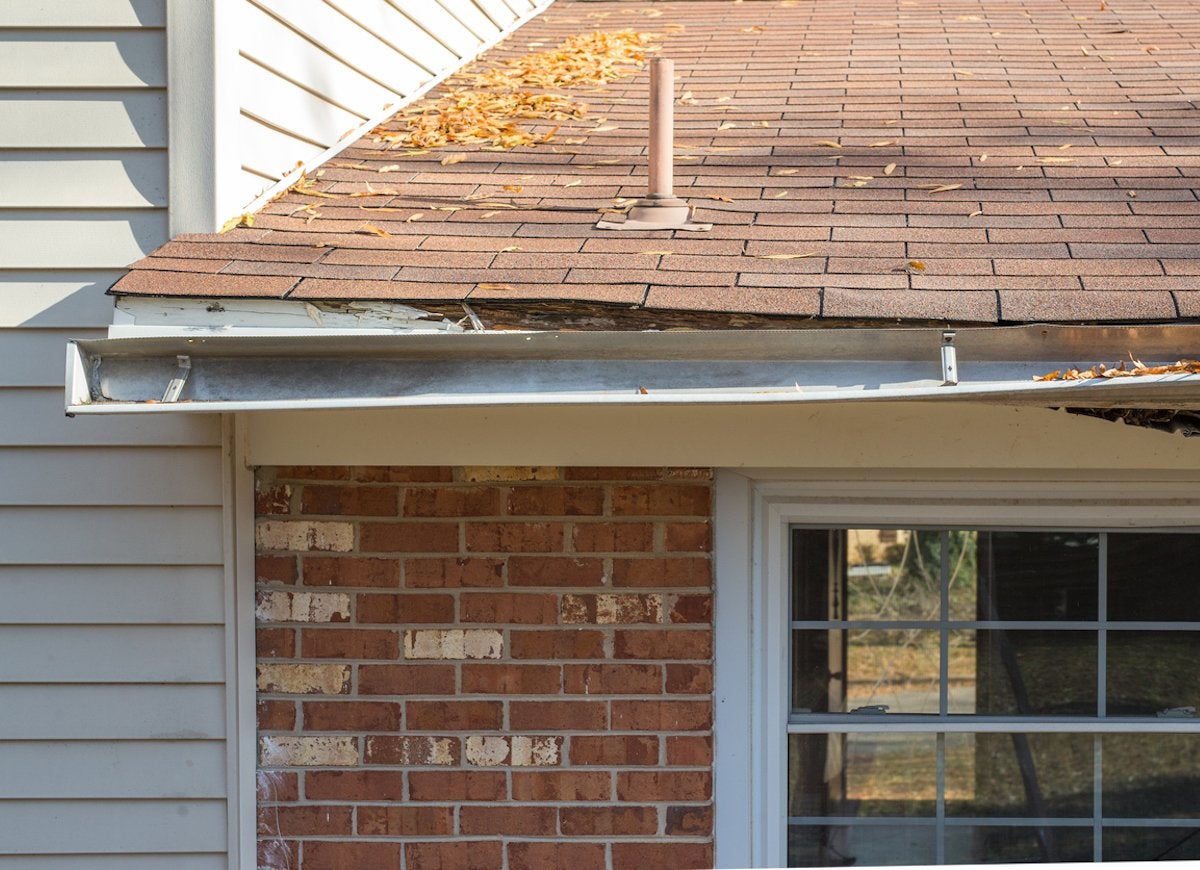
A fresh set of eyes will notice things around your home that you may have stopped noticing years ago. Before the buyers start filing in, it’s time to finally get around to fixing that rotted exterior siding or the water damage in the bathroom. If potential buyers see these types of flaws during a showing, they may expect the house to be a renovation nightmare. Fixing obvious problems will increase the chances of getting an offer—or multiple offers—on the home.
Don't Hide Problems in the Home
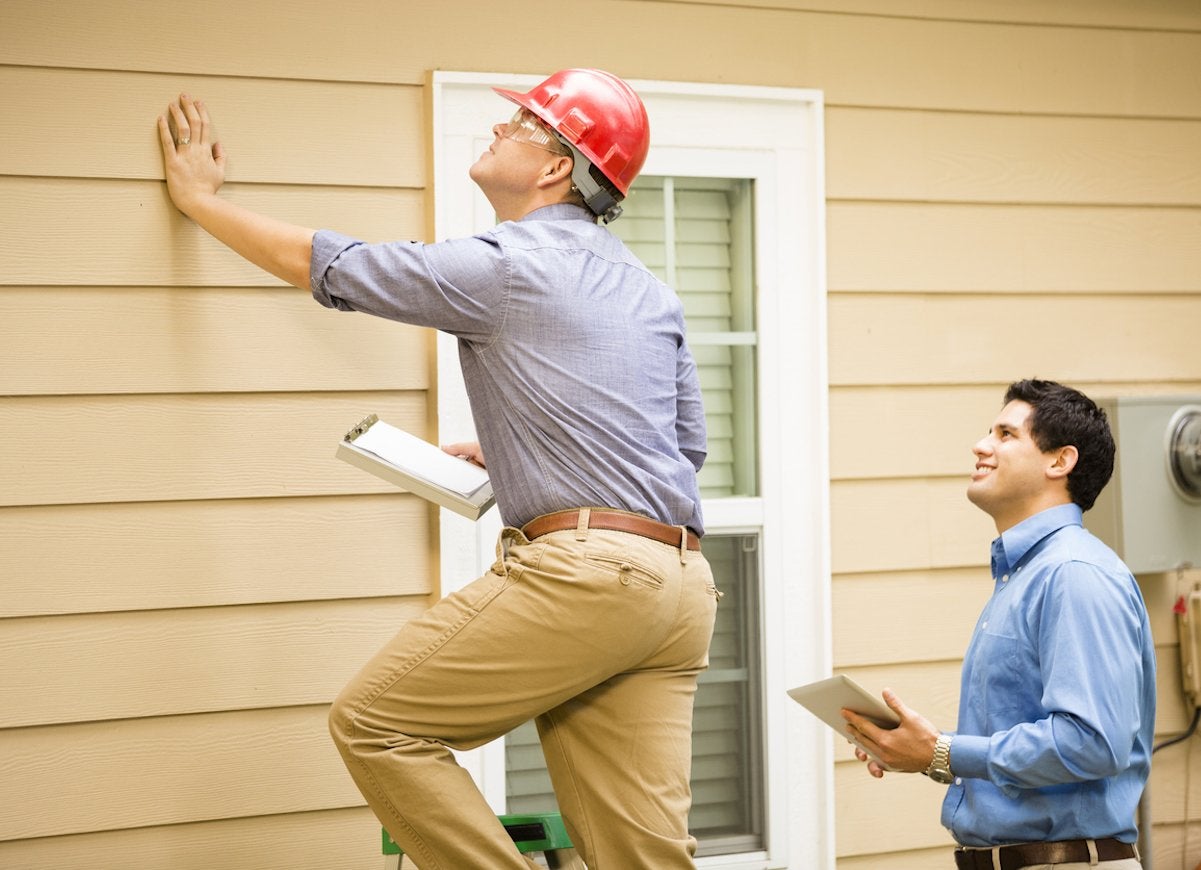
If you aren’t willing to correct cosmetic problems prior to selling, be honest and transparent to potential buyers about what needs repairing. Not doing this would waste both your time and the buyer’s if the deal should fall apart after a failed home inspection. Disclose any important information, and price the home accordingly.
Don't Over-Personalize the Space
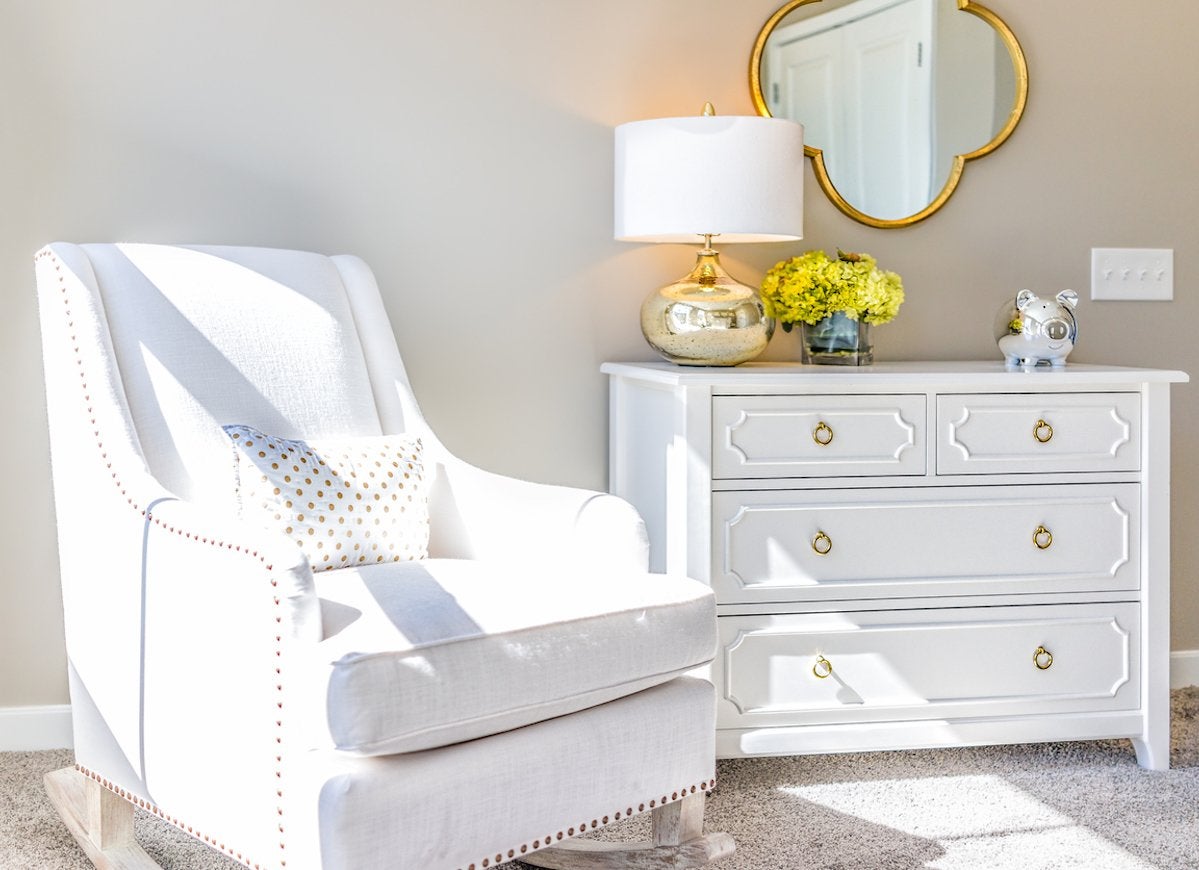
Set the stage in your home to allow potential buyers to imagine themselves in your space. Even if you’re not hiring stagers, there’s plenty you can do yourself—such as hiding family photos, knickknacks, and personal memorabilia. Tone down distracting decor, bright colors, and anything else that would divert attention from the most important thing a buyer should be focusing on—the space itself.
Don't Refuse to Entertain Low Offers

It’s easy to get offended by lowball offers. Take your emotions out of the deal, however, and approach the offer as a business decision—which, in fact, it is. Instead of walking away from these offers completely, take the opportunity to negotiate.
Don't Show Up During Showings

This is one thing you should let the real estate agents handle on their own. Buyers will benefit from a little freedom to imagine themselves in the space. Plus, they’ll feel more comfortable discussing the house, scrutinizing the cabinets, and poking through closets without the homeowner two steps behind them.
Don't Forget About Closing Costs

Before you start planning how to spend the profits on your home sale, remember to take into account the costs associated with selling your home. Figure out your real estate agent’s commission, attorney fees, and other administrative costs before putting your sale in motion.
Don't Show a Cluttered House
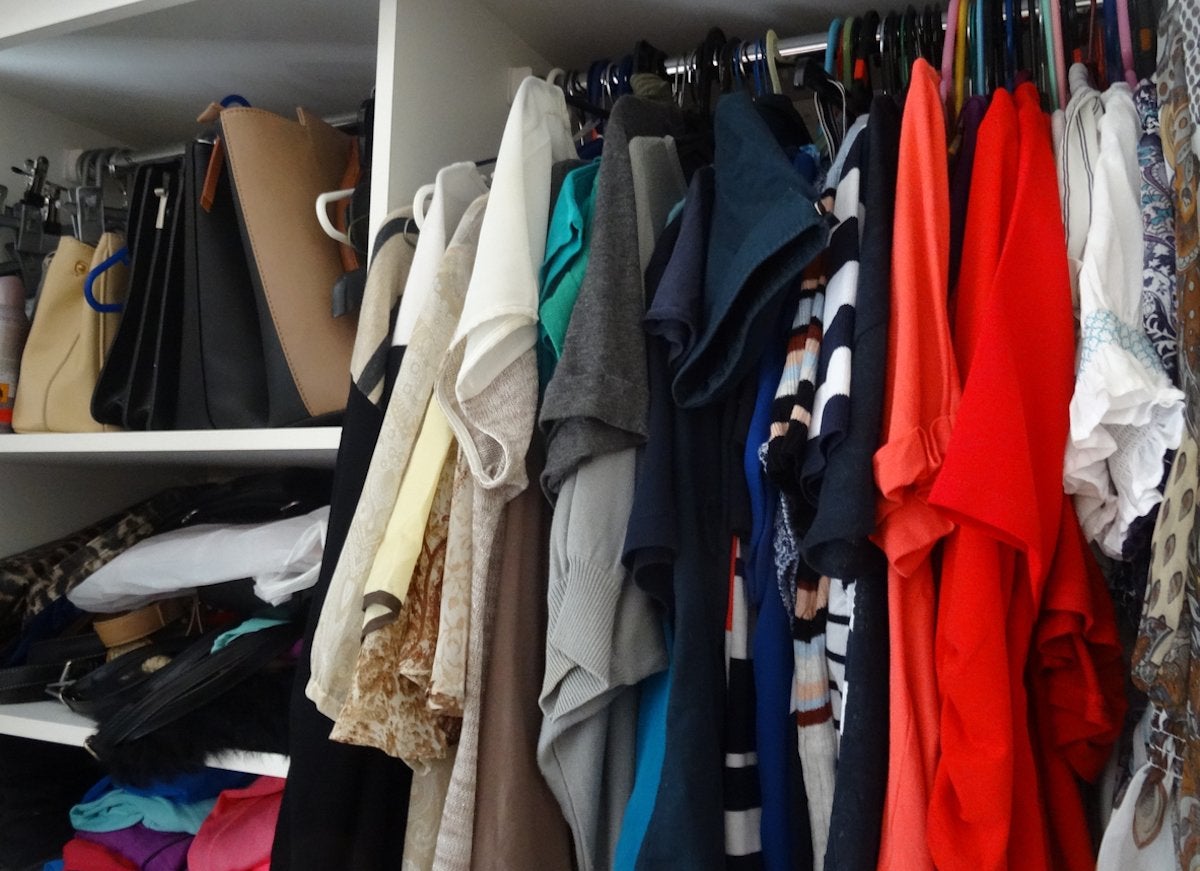
If potential buyers view your house when the closets are packed to the brim and countertops are covered with spices, appliances, and dishes, they may not be able to visualize the property’s full potential. Similarly, excess furniture and busy decor will make rooms seem much smaller than they are. Remove as much of your home’s contents as possible to woo storage-conscious prospective buyers.
Don't Ignore Your Agent’s Advice

Your real estate agents can be a valuable resource in your quest to get the best possible price for your home—after all, that’s what you’re paying them for. Aside from helping you set a fair listing price, they can also offer suggestions about staging, repairs, cleaning, and curb appeal that will definitely pay off if you take them seriously.
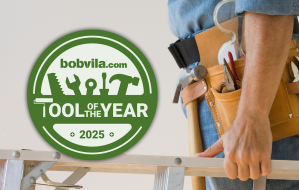
Meet the 2025 Tools of the Year
After months of scouring the market and putting products through their paces, we’ve named the best of the best in new tools. There’s something for everyone, from veteran pros to average Joes.